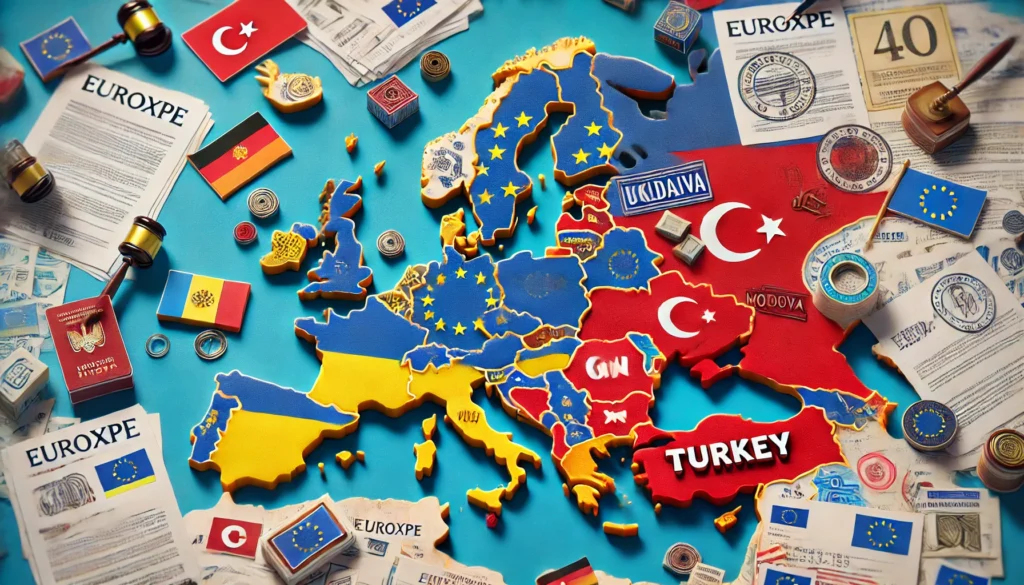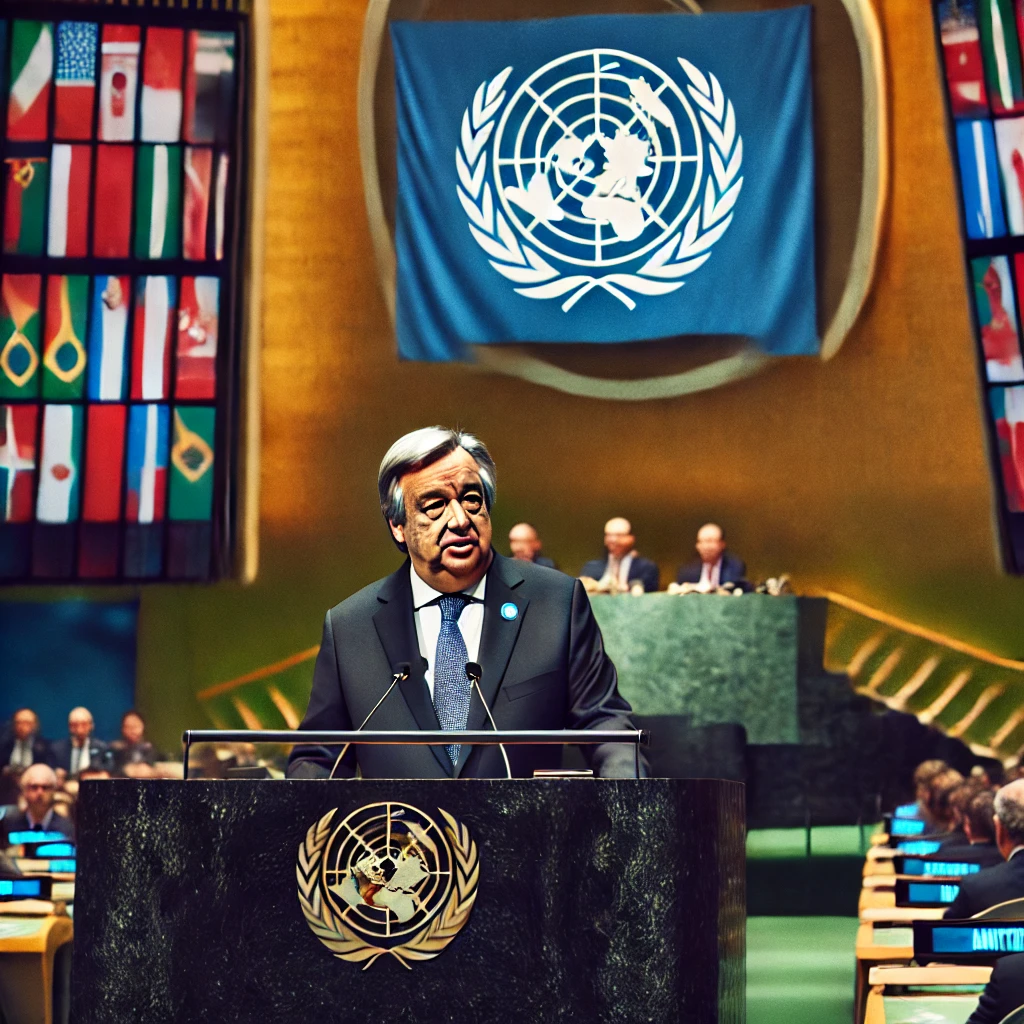The European Union’s decision to advance formal membership talks with Ukraine and Moldova marks a significant milestone. However, this move raises serious concerns about the Union’s stability and security. For decades, the EU has delayed Turkey’s accession, citing various political reasons, the latest being President Recep Tayyip Erdoğan‘s controversial leadership. Yet, the persistent sidelining of Turkey—a major European country—while fast-tracking smaller, less stable nations could be a strategic misstep.
The talks, hailed as historic, commenced in Luxembourg with Intergovernmental Conferences. Ukraine’s Deputy Prime Minister for European Integration, Olga Stefanishyna, and Moldovan Prime Minister Dorin Recean led their respective delegations. Despite the war in Ukraine, the EU is eager to integrate these nations, highlighting the Union’s shifting priorities.
The European Commission’s screening process will assess Kyiv and Chisinau’s national laws, focusing on areas like energy, financial services, and food safety. Given the pre-existing free trade agreements from 2014, Ukraine and Moldova already meet several EU standards. This initial phase, typically spanning one to two years, could proceed faster in this case. However, the broader context of EU enlargement reveals a concerning trend: prioritising smaller, politically unstable countries over Turkey, which has long awaited membership since 1997.
Turkey’s strategic importance and historical ties with Europe make its prolonged exclusion perplexing. The EU’s argument against Turkey, centred on Erdoğan’s leadership, overlooks the nation’s dynamic and evolving political landscape. Turkey is more than its current government, and the future leadership could align more closely with European values. Therefore, excluding Turkey based solely on Erdoğan’s presence is a short-sighted policy that disregards the country’s potential contributions to the EU.
The start of accession talks for Ukraine and Moldova is part of a lengthy process requiring judicial, economic, and constitutional reforms. On average, it has taken about a decade for previous candidates to join the EU. Meanwhile, seven more countries, including Western Balkan states such as Albania, Bosnia and Herzegovina, Montenegro, North Macedonia, and Serbia, are in the queue. This backlog underscores the EU’s expanding but increasingly unwieldy enlargement strategy.
European Commission President Ursula von der Leyen acknowledged the significant and transformative nature of this step for Ukraine and Moldova. However, she emphasised that their journey to EU membership would be “rigorous and demanding.” European Council President Charles Michel echoed this sentiment, praising Ukraine’s resilience amid Russia’s aggression. Yet, this focus on smaller nations seems to sideline more substantial candidates like Turkey, whose membership could enhance the EU’s geopolitical standing.
Despite calls for a merit-based enlargement process, the EU’s approach appears inconsistent. The urgency injected by Russia’s invasion of Ukraine has accelerated talks with Ukraine and Moldova, but this should not overshadow the strategic necessity of Turkey’s inclusion. Turkey, with its robust economy and strategic location, offers significant advantages that smaller nations cannot match.
Hungary’s opposition to fast-tracking Ukraine’s membership, citing corruption and minority rights issues, illustrates the complexities of EU enlargement. Hungarian Prime Minister Viktor Orbán’s government, set to assume the EU Council’s rotating presidency, could slow Ukraine’s progress. This internal discord highlights the challenges the EU faces in maintaining a cohesive enlargement strategy.
The EU’s enlargement portfolio, led by Hungarian Commissioner Olivér Várhelyi, has been contentious. The European Parliament’s EU-Moldova delegation chair, Siegfried Mureșan, recently criticised Várhelyi’s handling of the agenda, suggesting a need for new leadership. This ongoing friction underscores the difficulties in managing a diverse and expanding union.
In conclusion, the EU’s current enlargement strategy, focusing on smaller, less stable nations while sidelining Turkey, risks destabilising the region. Turkey’s membership, stalled for over two decades, could bring significant benefits to the Union. It is time for the EU to reconsider its approach, recognising Turkey’s potential as a valuable member, beyond the present political climate.






